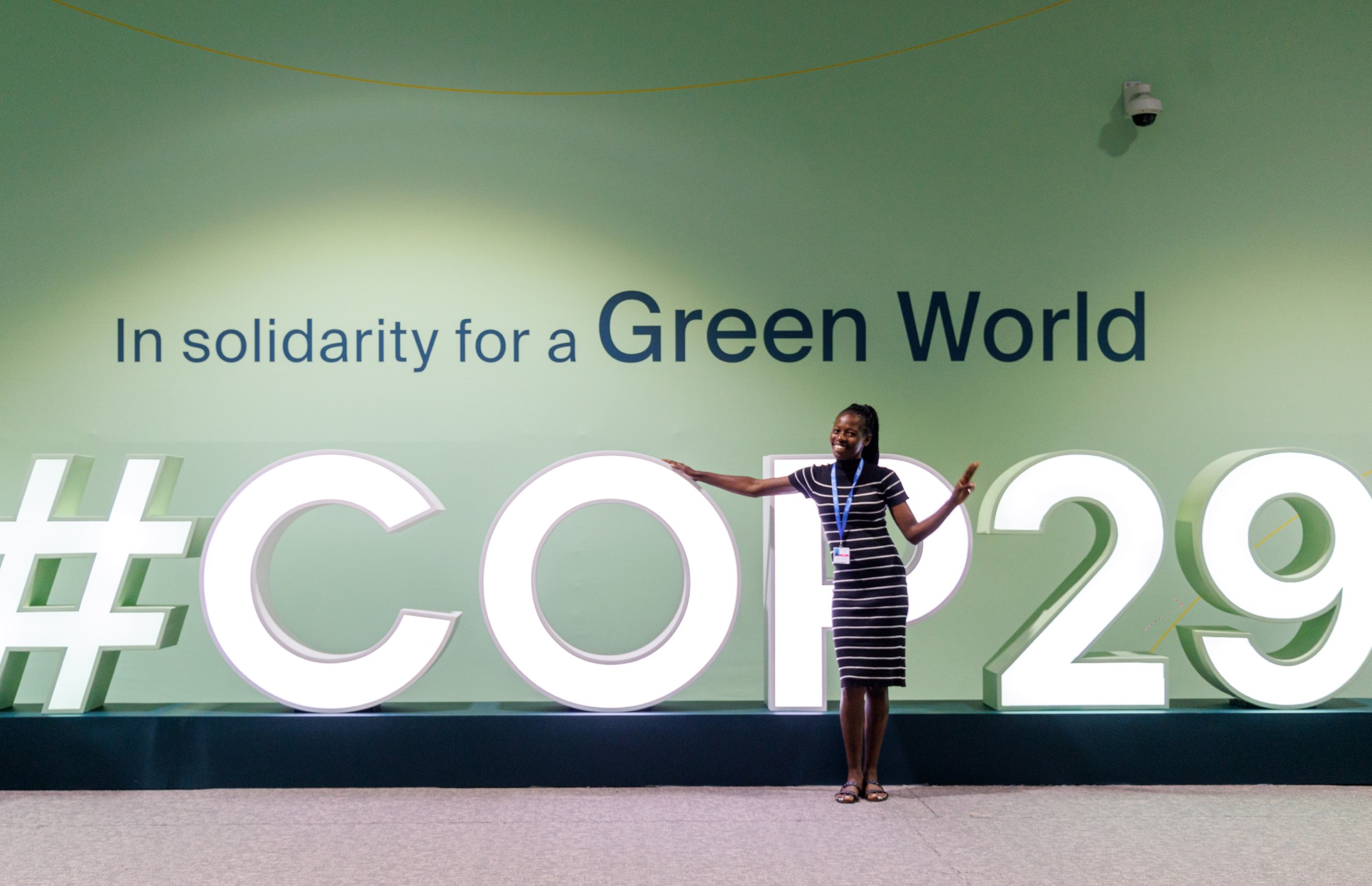
Published
- Sustainability
- Trends
EKN demystifies export credits at COP29
The power of financial guarantees and risk cover was widely reflected at Cop29, report EKN delegates Karin Wessman, Head of Sustainability and Victor Carstenius, Senior Analyst. EKN moderated a panel that highlighted the importance of trade and export finance in unlocking the massive funding required for investment.
COP29 confirmed the importance of export credits
Welcome home from Baku, Karin and Victor – what are your biggest takeaways?
Karin: “This was referred to as Finance COP and that proved to be true. Compared to just a few years ago, there was a much greater understanding of how different financial instruments may be combined to meet the sizable funding needs that come with the transition. This is very positive for EKN and other Export Credit Agencies (ECA), as we can support large investments for private as well as public project owners.”
Victor: “There was much more talk about the need for export credit guarantees to make funding happen among lenders and investors as well as project owners. More and more decision makers are realising that ECA guarantees are necessary to unlock the massive funding required by rendering more projects bankable in the eyes of commercial lenders.”
Sudden policy changes or shifts in the political narrative with doubts around the green transition hamper necessary investments. Stability is needed. Doubt is contagious.
Karin Wessman, Head of Sustainability
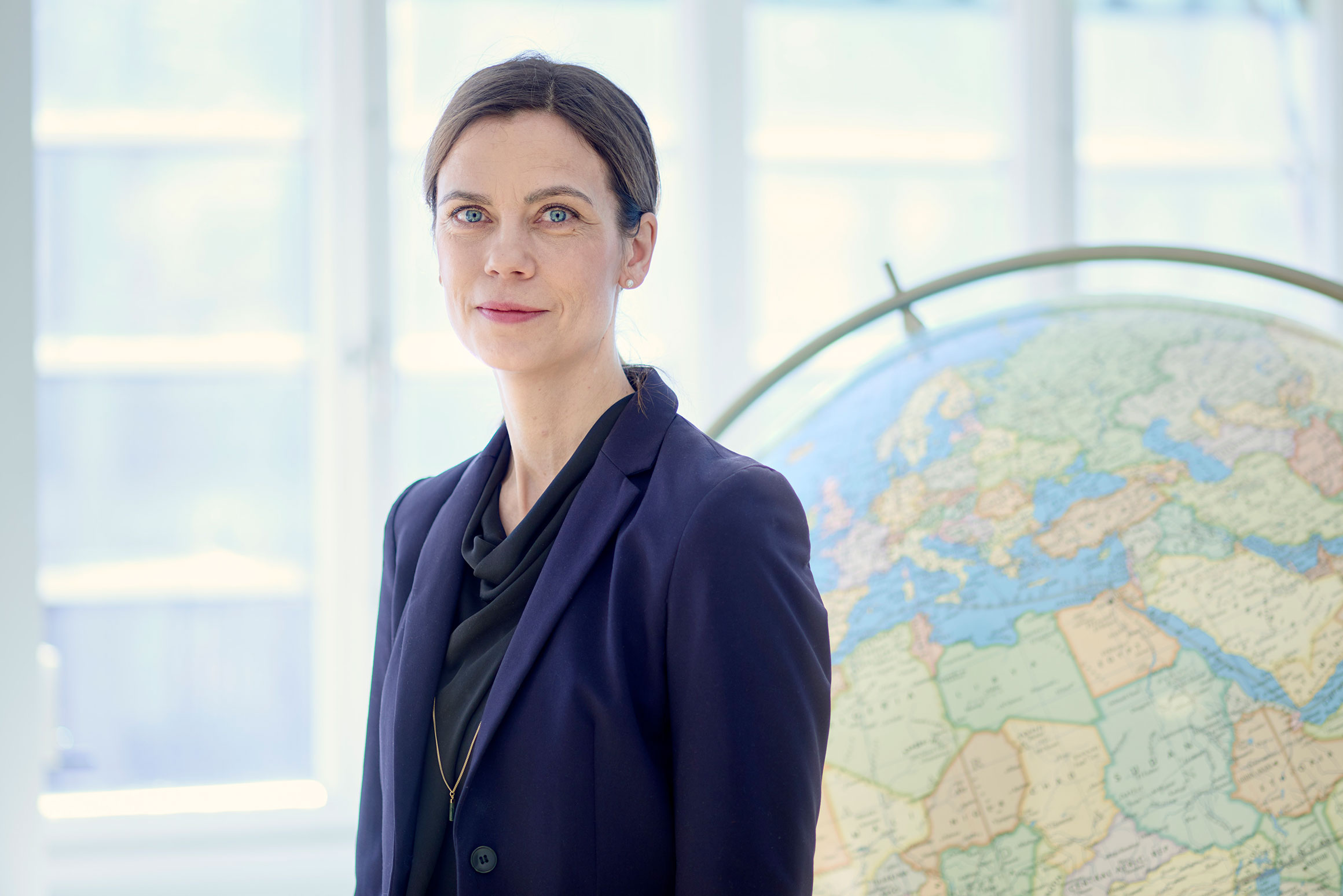
Why did EKN host a panel discussion?
Karin: “The purpose was to ‘demystify’ export credits for those outside the export finance community. The misconception that guarantees are ‘too technical’ may in the past have reduced their appeal to some and limited their potential use in facilitating transitional investment.”
Victor: “EKN wanted to highlight export credit finance as an affordable and accessible means of financing transitional investments.”
Did it work? Check out some participant responses from the panel below. *)
Other highlights from COP29?
Victor: “The Export Finance for Future (E3F) collaboration between ten countries including Sweden, showed how their commitments from 2021 has resulted in a sharp decline in export credit support to international fossil projects. Another ECA cooperation, the Net Zero Export Credit Agencies Alliance (NZECA) launched a protocol on how ECAs should set science-based climate targets when assessing their guarantee portfolios.”
Karin: “E3F has certainly delivered what it set out to achieve. Still, ECA financing needs to be combined with financing from other sources such as commercial loans and multilateral institutions. We have more work to do in this regard.”
Swedish exporters are seen as uniquely qualified to meet the demands of the green transition, with cutting-edge technology and attractive financing with the help of EKN.
Victor Carstenius, Senior Analyst
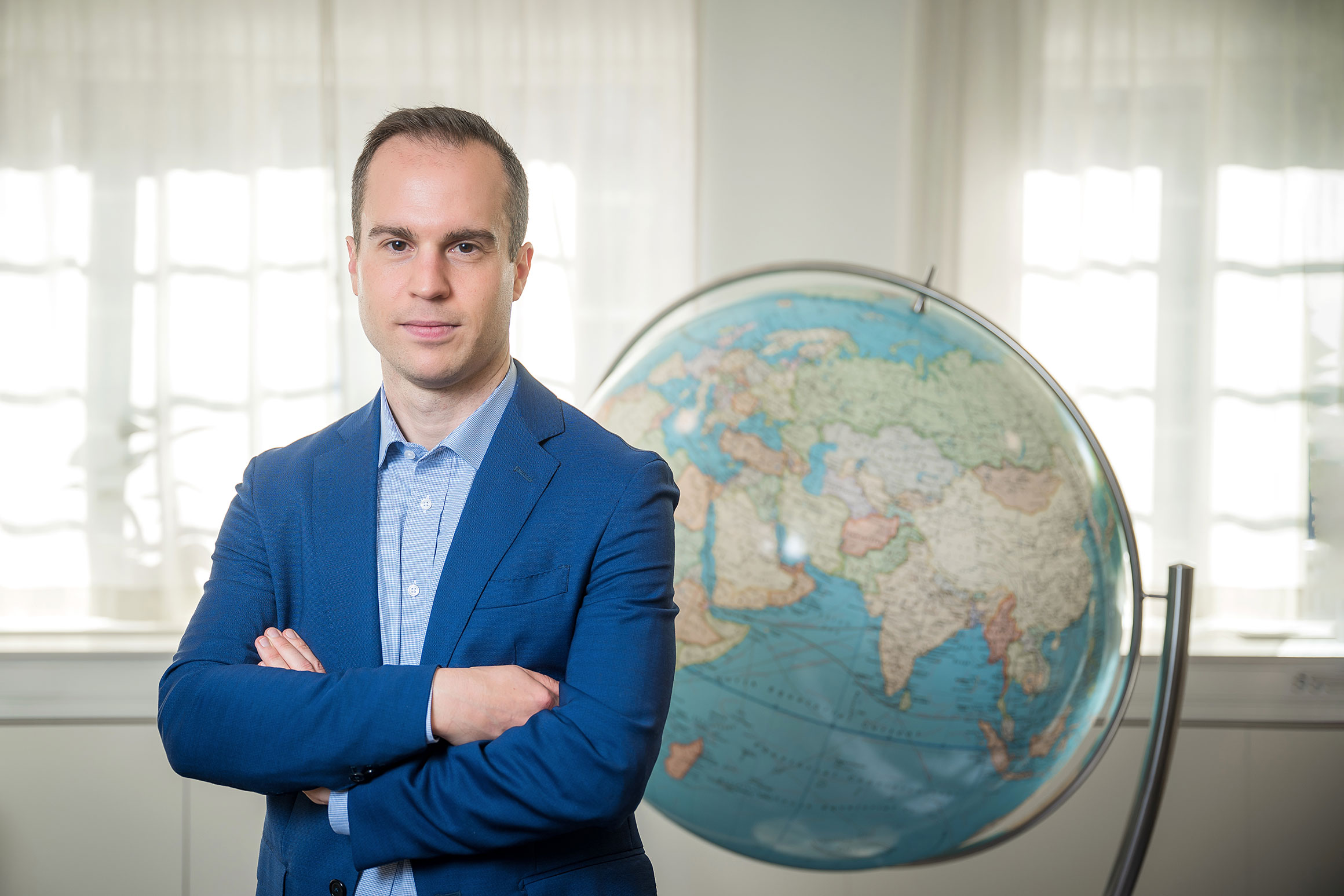
What did you pick up from the business community at COP29?
Karin: “It is very clear that businesses know what they need to do their part in the green transition – they want politicians to deliver stable long-term rules and conditions, including a phase-out of fossil subsidies. From a business perspective, sudden policy changes or shifts in the political narrative with doubts around the green transition hamper necessary investments. Stability is needed. Doubt is contagious.”
What was your overall impression of COP29?
Karin: “Despite some negative reporting from the conference, everyone I met are convinced that solutions are available. But we need to act now to grasp a theoretical chance of limiting global warming to 1.5 degrees Celsius. We need to pull together across the globe instead of arguing over which countries should do what.”
Victor: “That Swedish exporters are seen as uniquely qualified to meet the demands of the green transition, with cutting-edge technology and attractive financing with the help of EKN.”
*) Voices from the panel discussion moderated by EKN at COP29
Without risk guarantees projects will not be bankable. Longer maturities are key.
Charline Vuillermoz, Sustainability Director at BNP Paribas
We cannot do what we do without ECAs and EKN was the first to believe in us.
Adam Cortese, CEO at UGL Renewables, Sun Africa
EKN was critical for our investment in Karlskrona and ECA financing will be even more important going forward.
Anthony Abbotts, Vice President Group Sustainability at power cable maker NKT
Because of the risks involved in green financing, we need the ECAs.
Edward Okot Omoya, Environmental and Social Management Specialist at East African Development Bank
This is E3F
The Export Finance for Future Coalition (E3F) was established in 2021 to acknowledge the role of official trade and export finance in fostering a shift in investment patterns towards climate-neutral and climate-resilient projects. To this end, E3F members emphasise the importance of improving transparency by publishing an annual report on official export finance, covering both climate-positive and fossil fuel projects.
The coalition aims to enhance transparency regarding progress towards more sustainable financing through a shared climate-oriented methodology and a review of member states' activities.
E3F comprises Belgium, Denmark, Finland, France, Germany, Italy, Spain, Sweden, the Netherlands, and the United Kingdom.
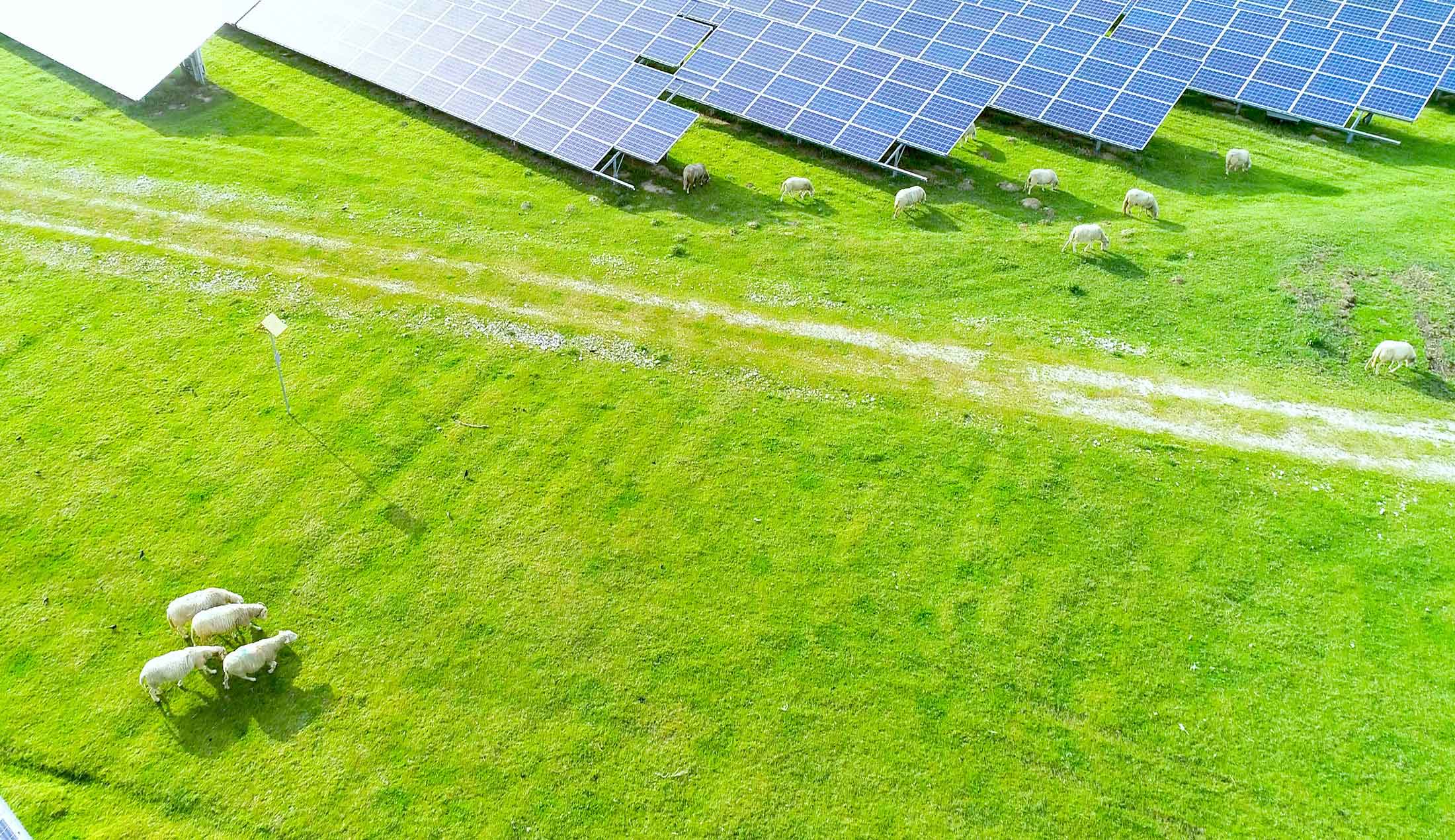
Climate
How can exports drive the climate transition? EKN actively addresses climate-related risks and opportunities through its guarantees to promote sustainability.
ClimateMore for the conscious exporter

EKN’s sustainability agenda
Learn how EKN integrates environmental considerations, human rights, and anti-corruption into its guarantees to promote sustainable development.
EKN’s sustainability agenda
Green credit guarantee
With the green credit guarantee, EKN shares the bank’s risk when issuing a loan, overdraft or revolving credit facility for green investments or green operations in Sweden.
Green credit guarantee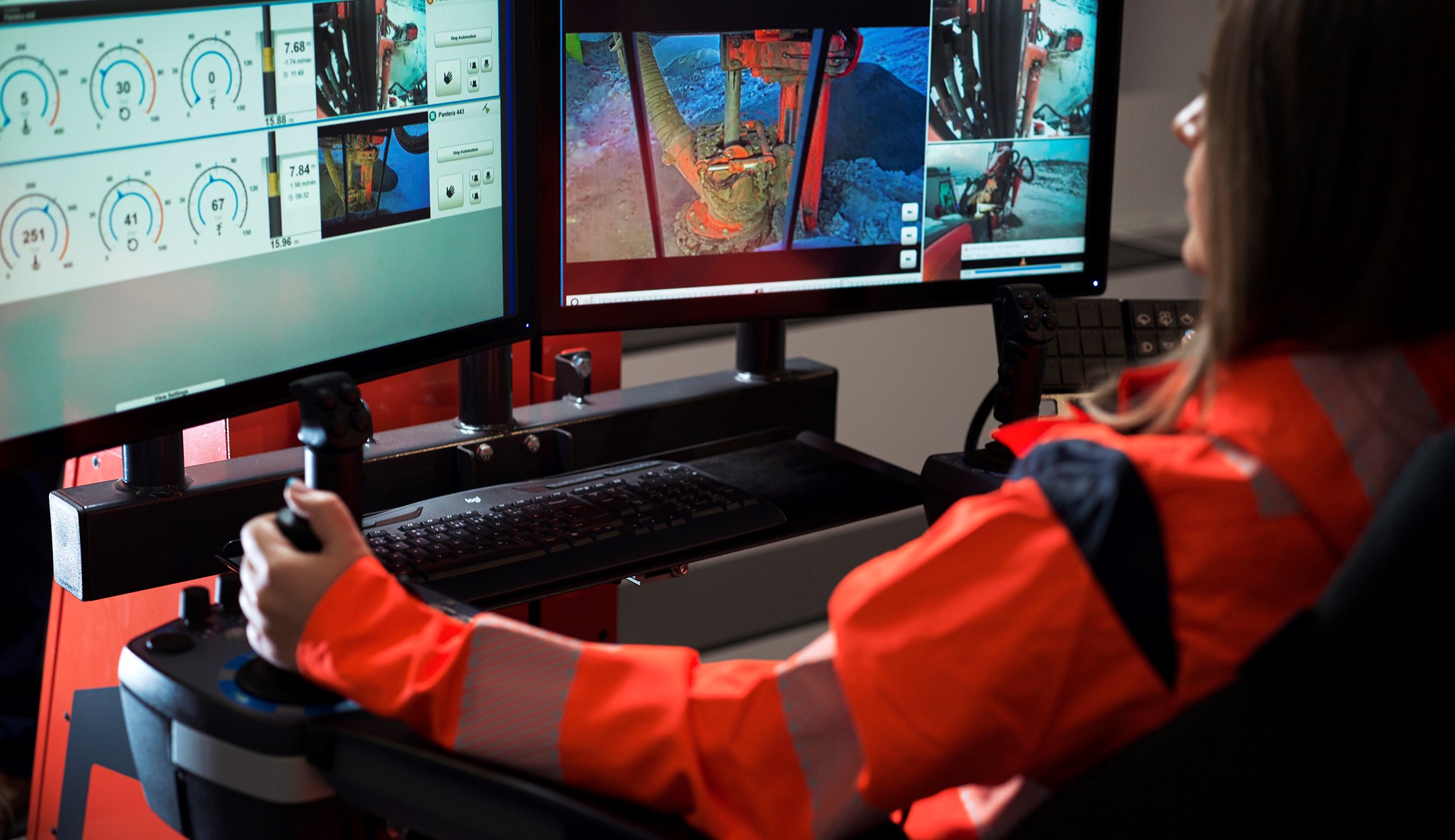
- Sustainability
- Financing
Green transition requires increased mining
The clean energy shift needs more mining, often seen as unsustainable. Automation helps, but investor support remains key, experts say.
Green transition requires increased mining